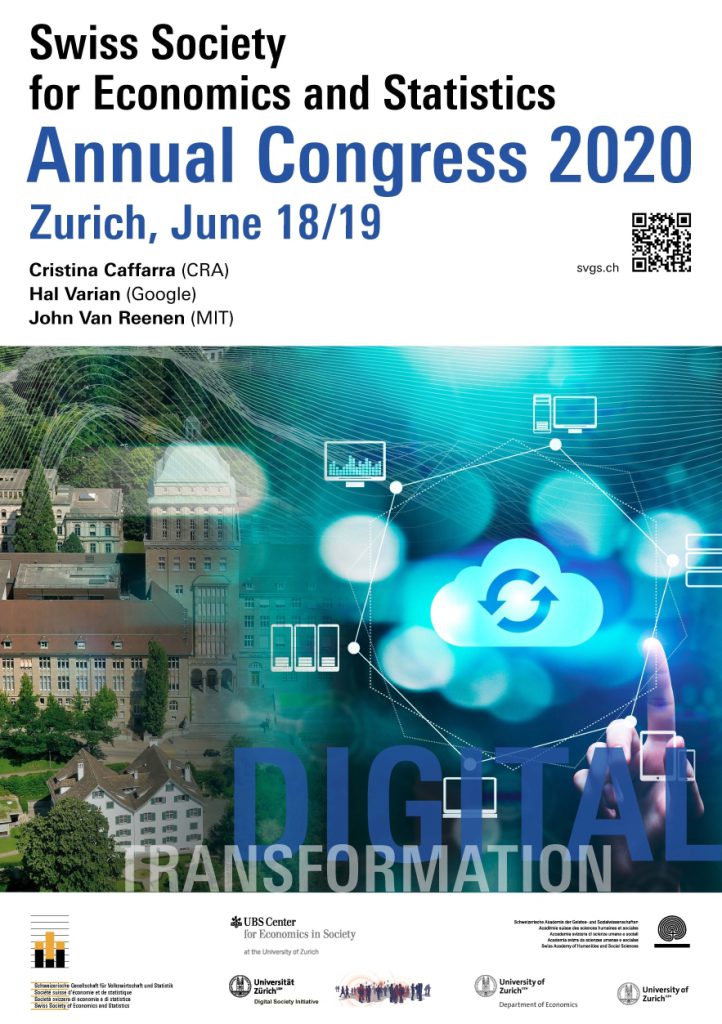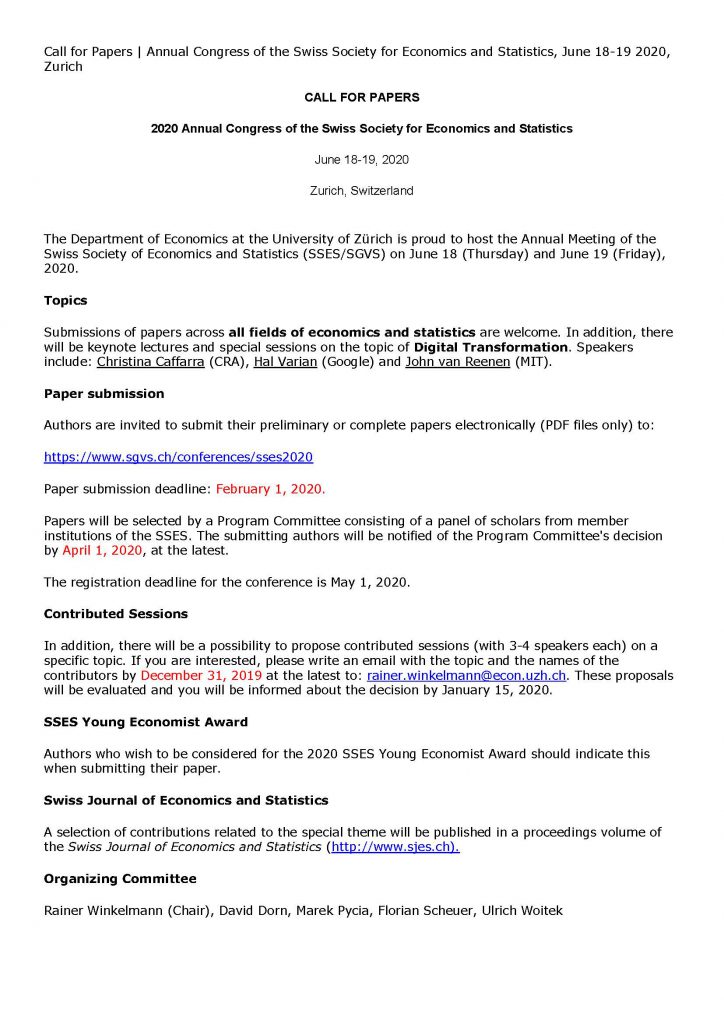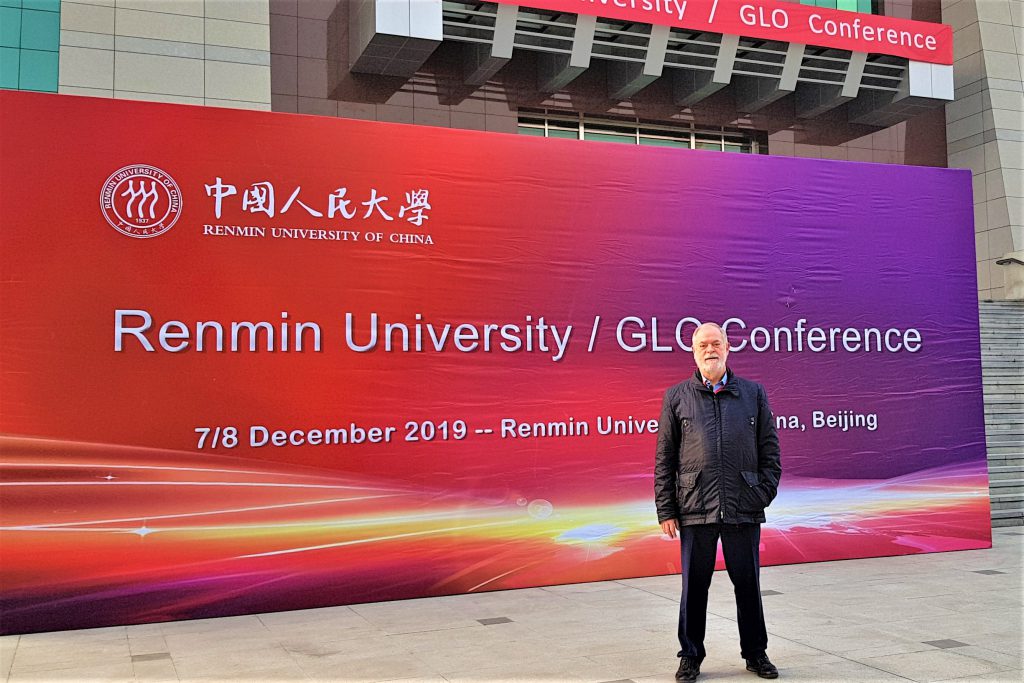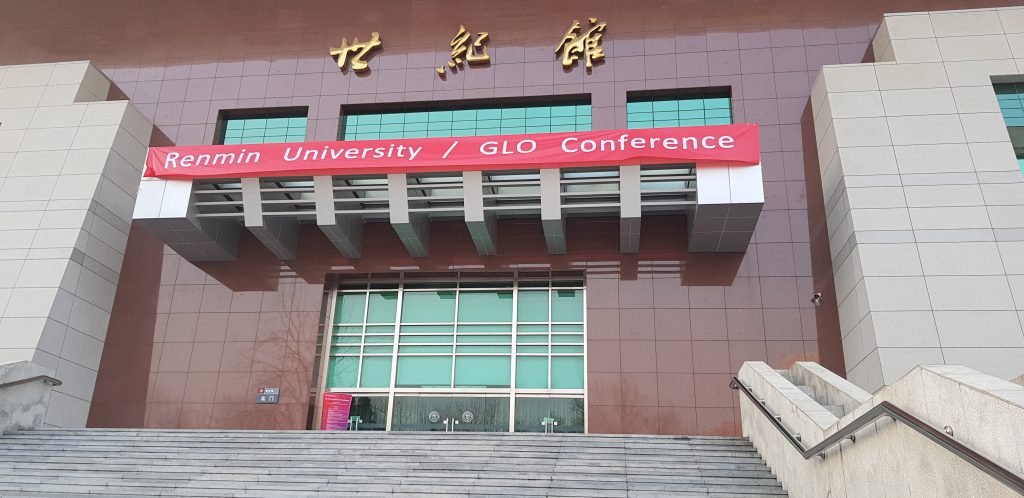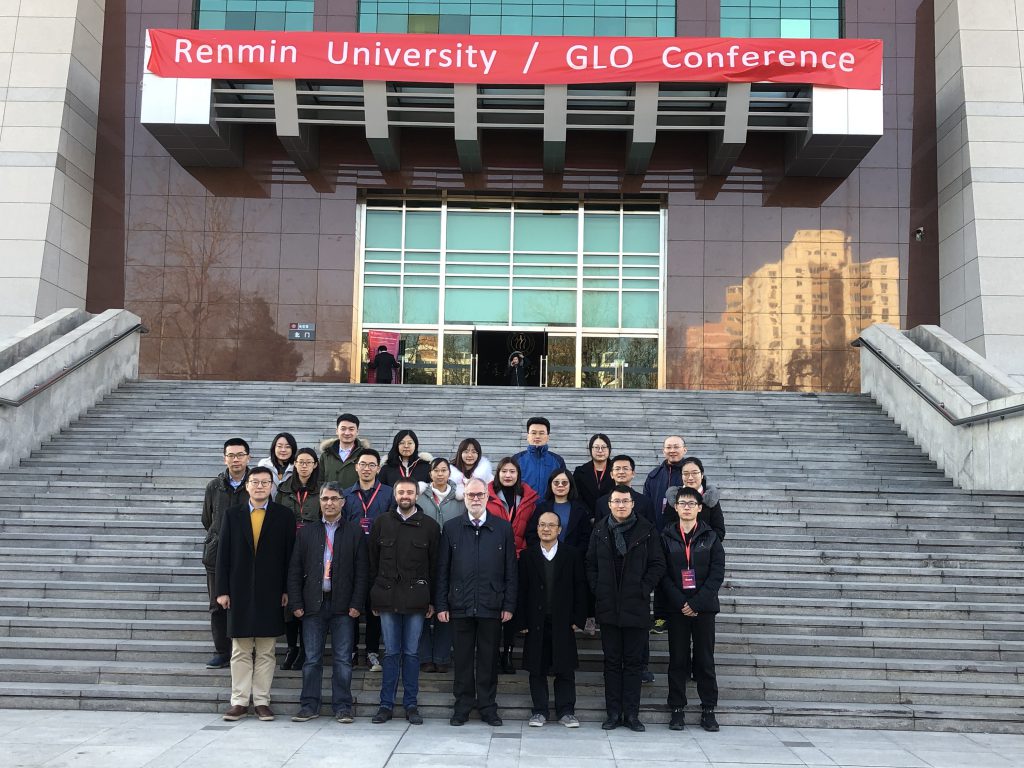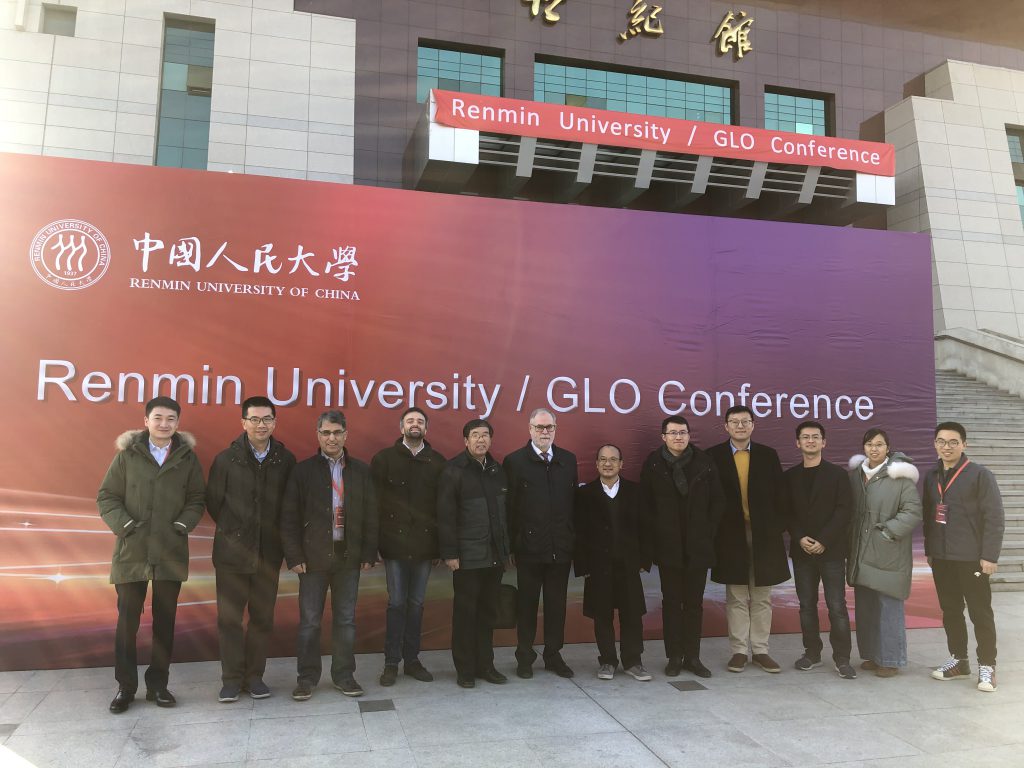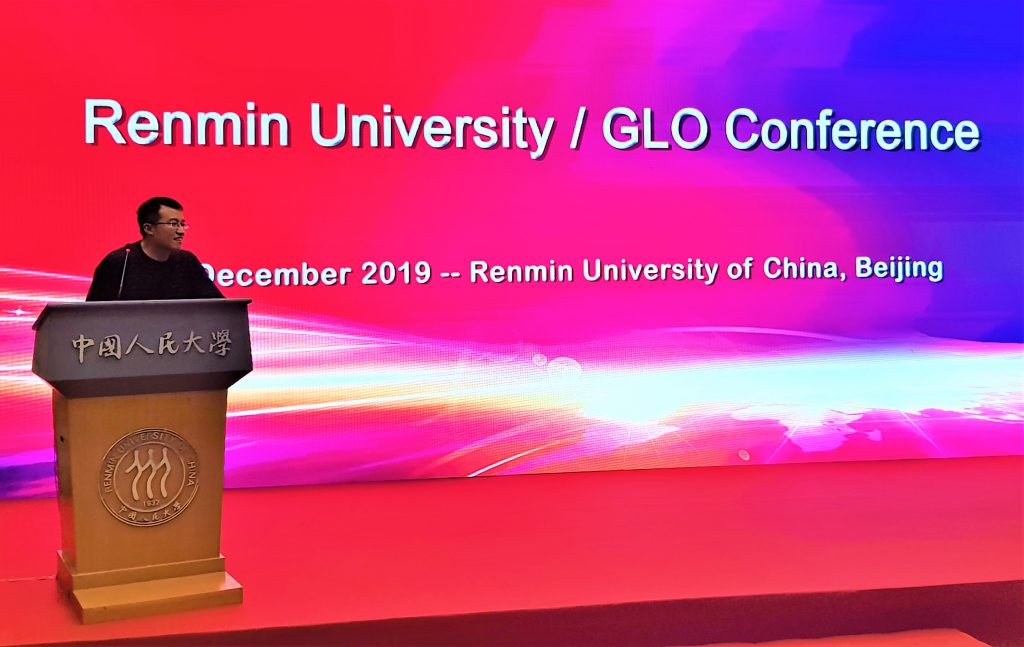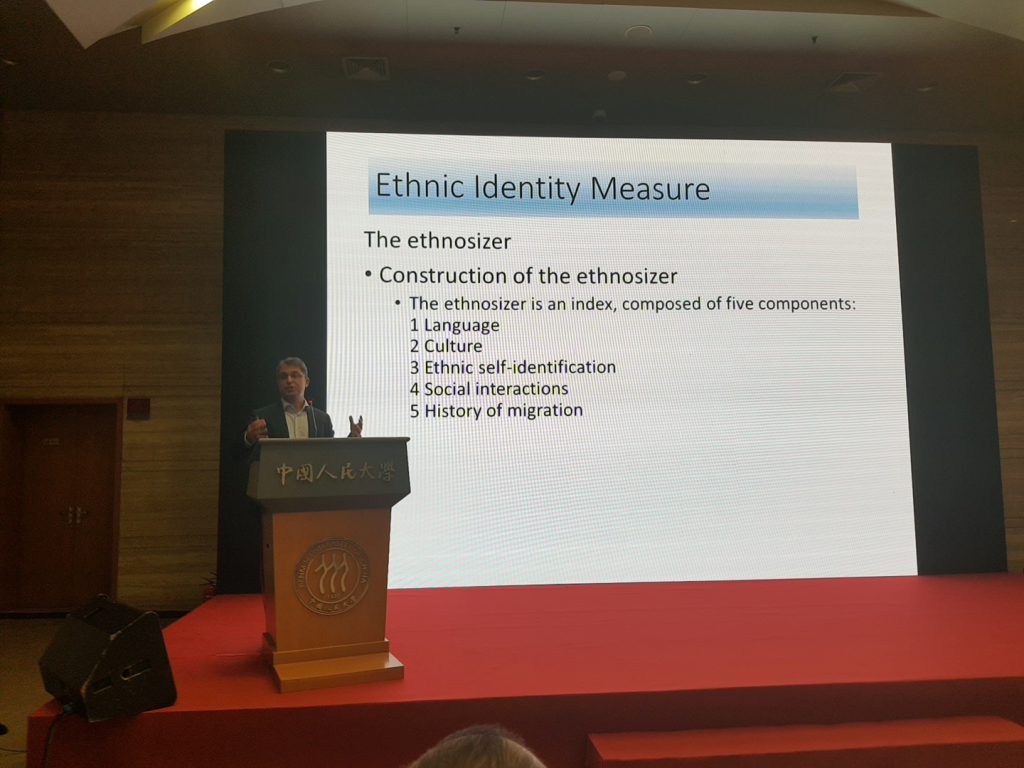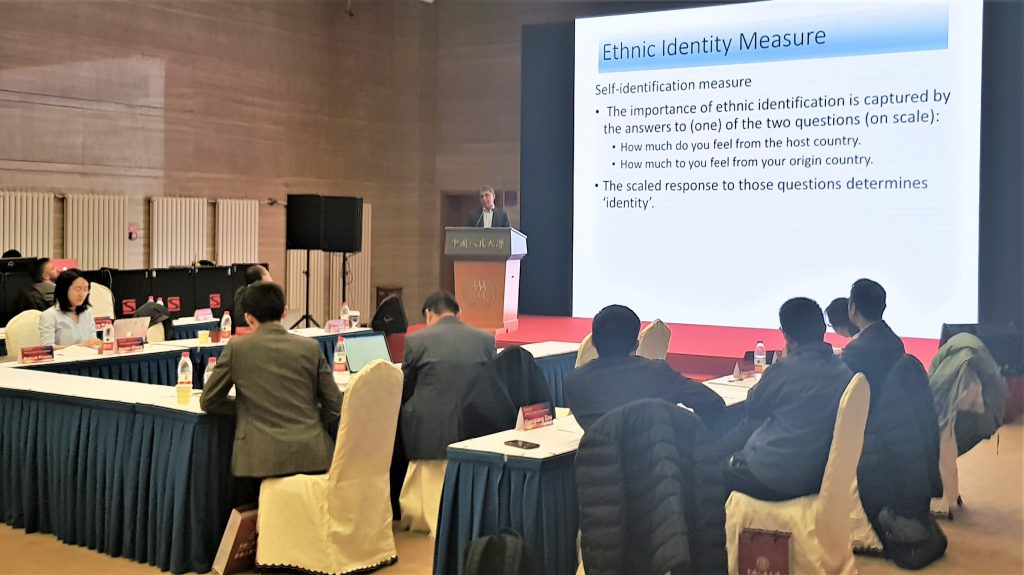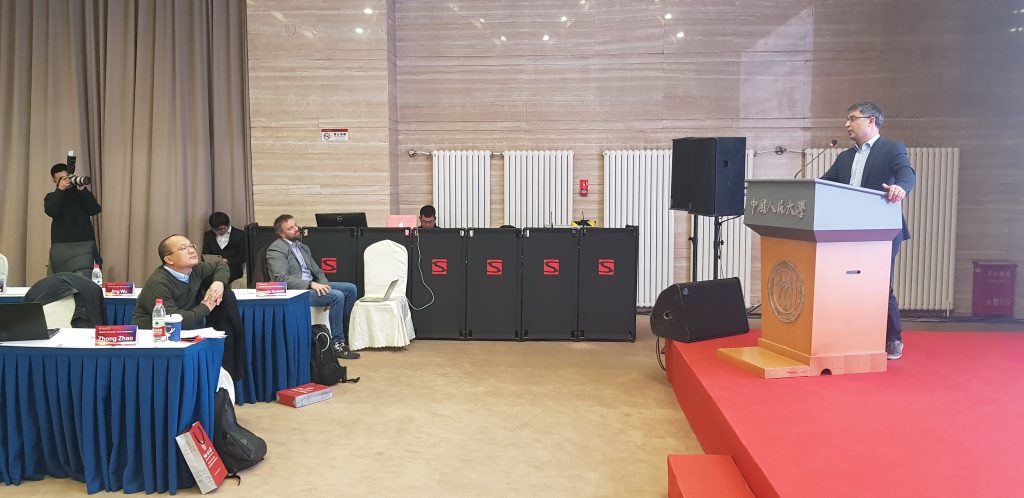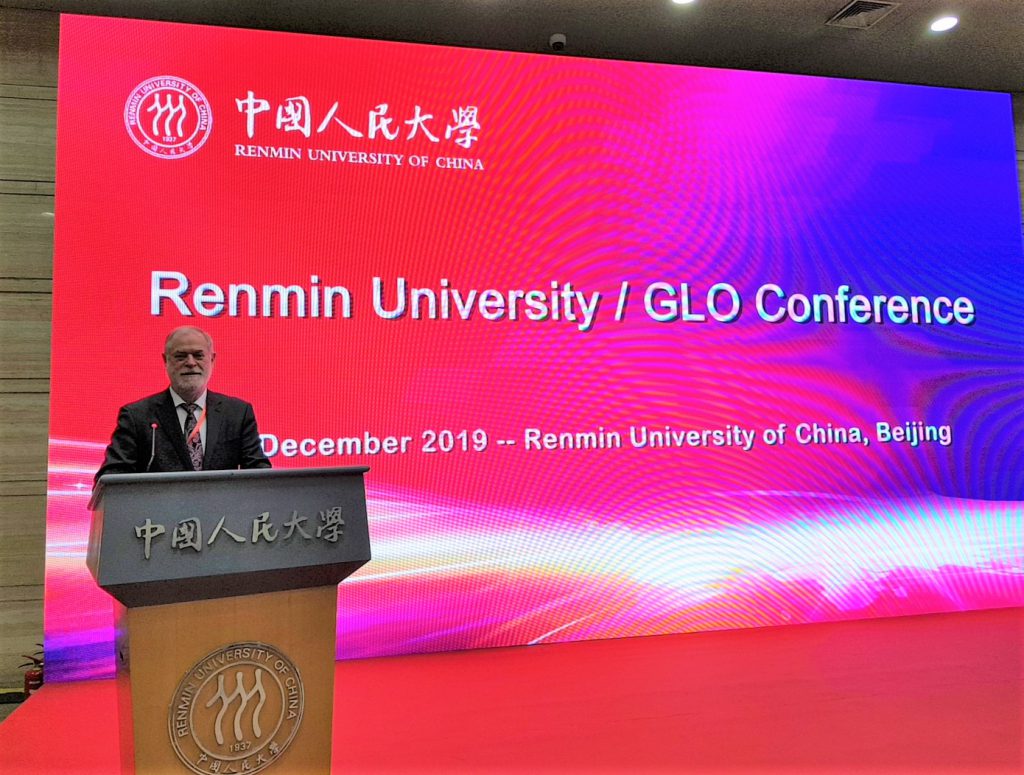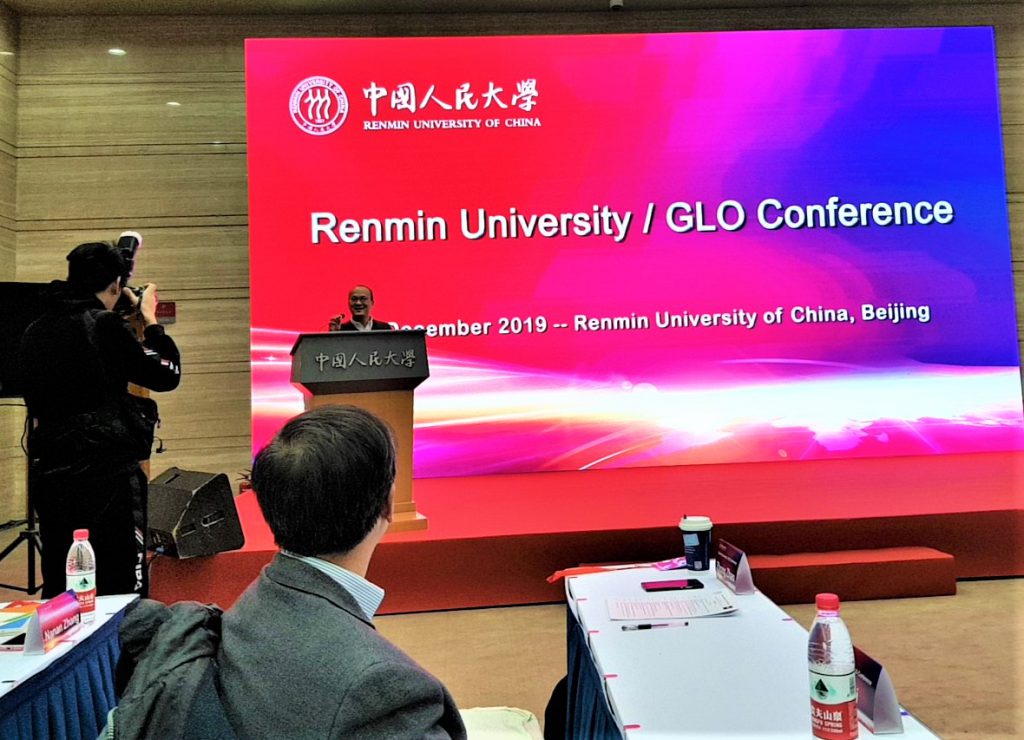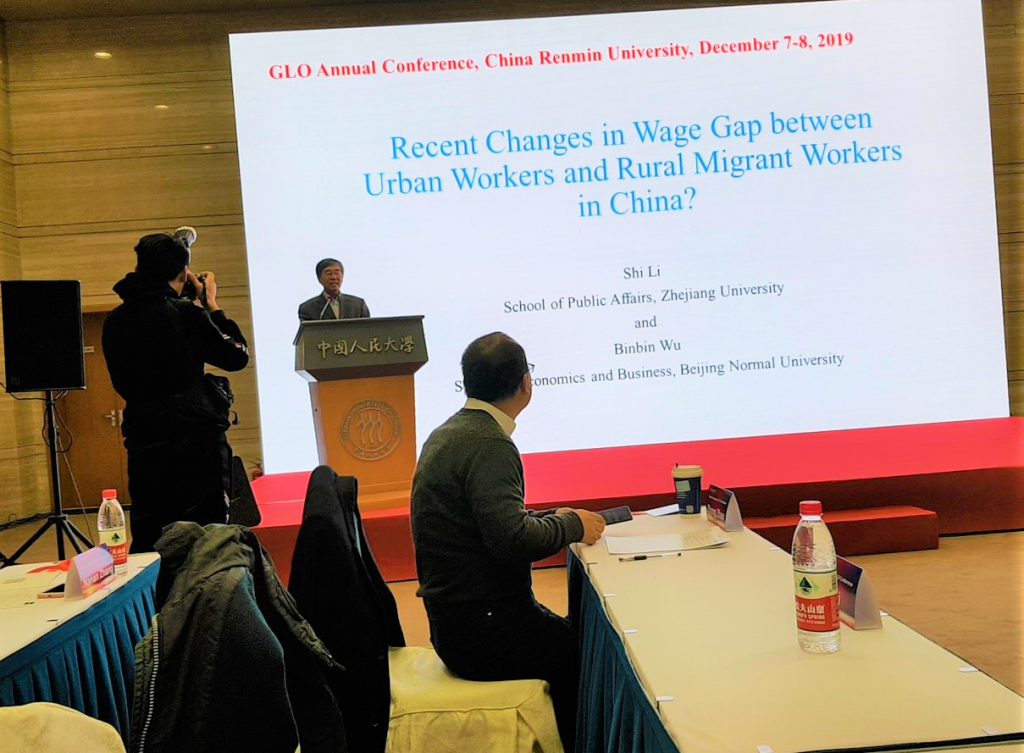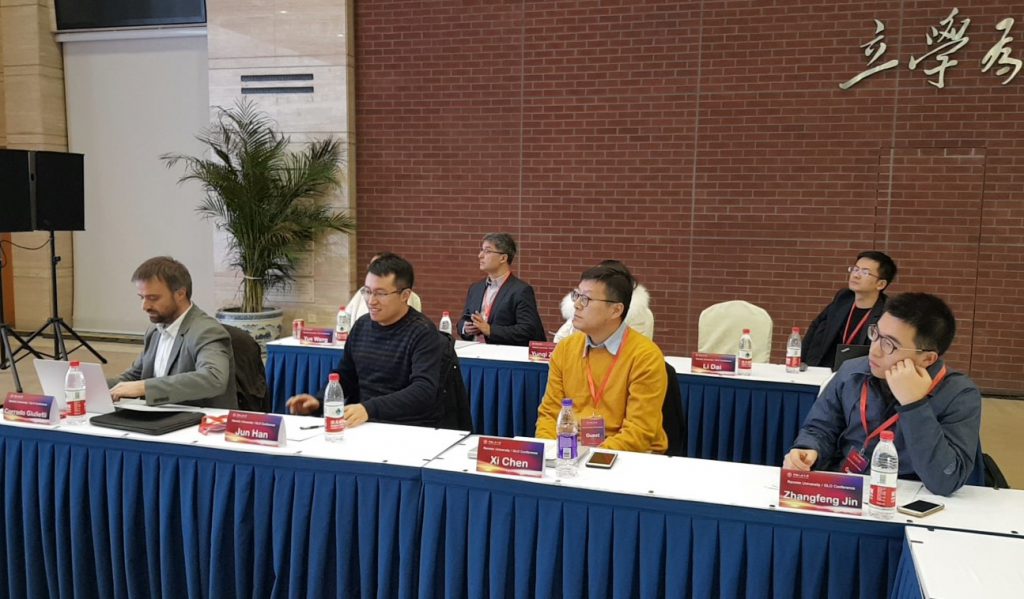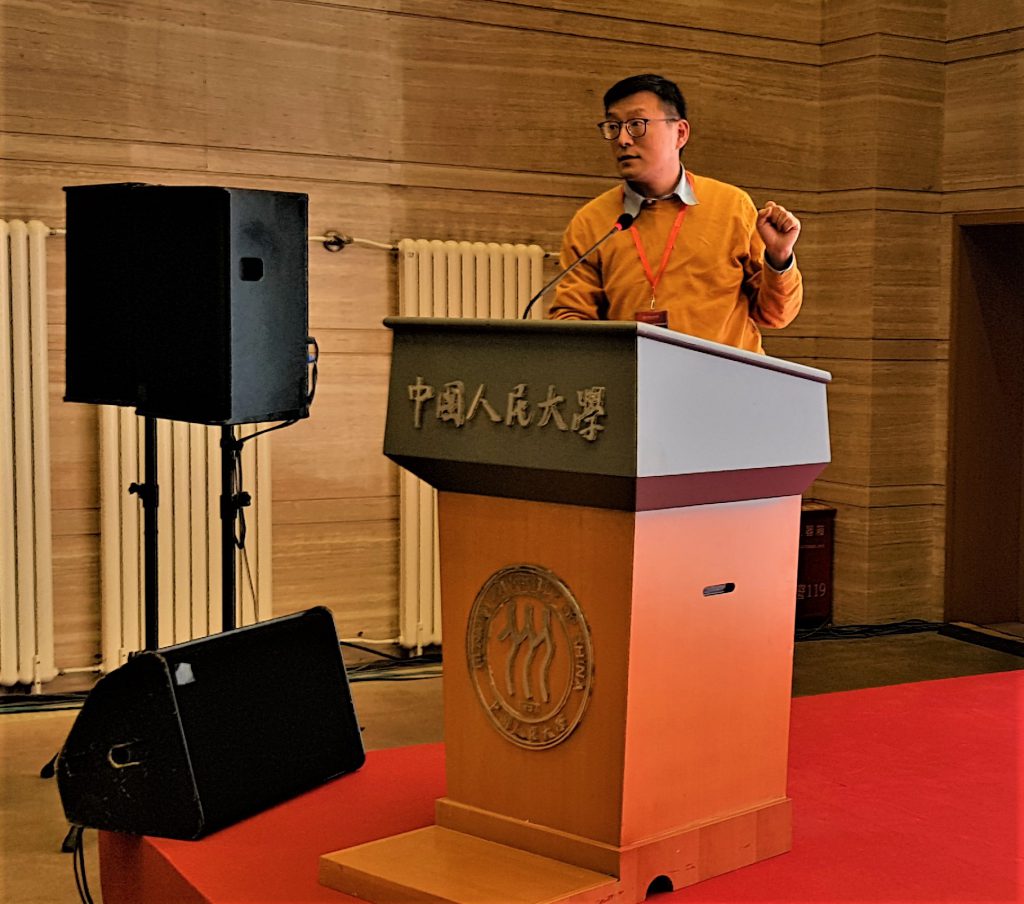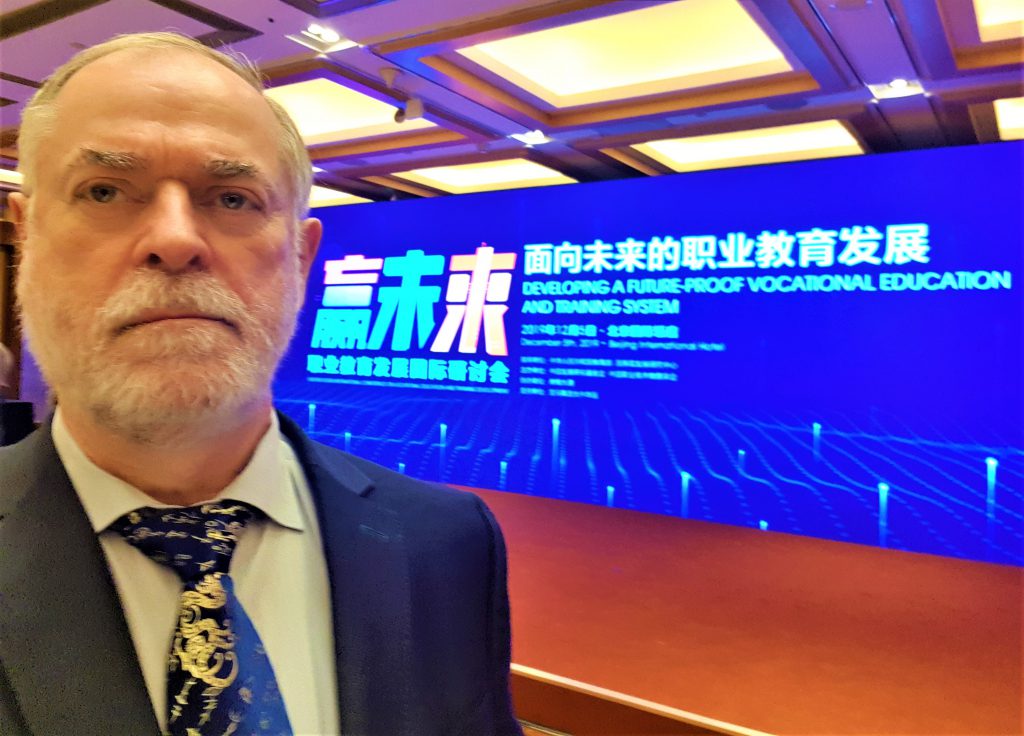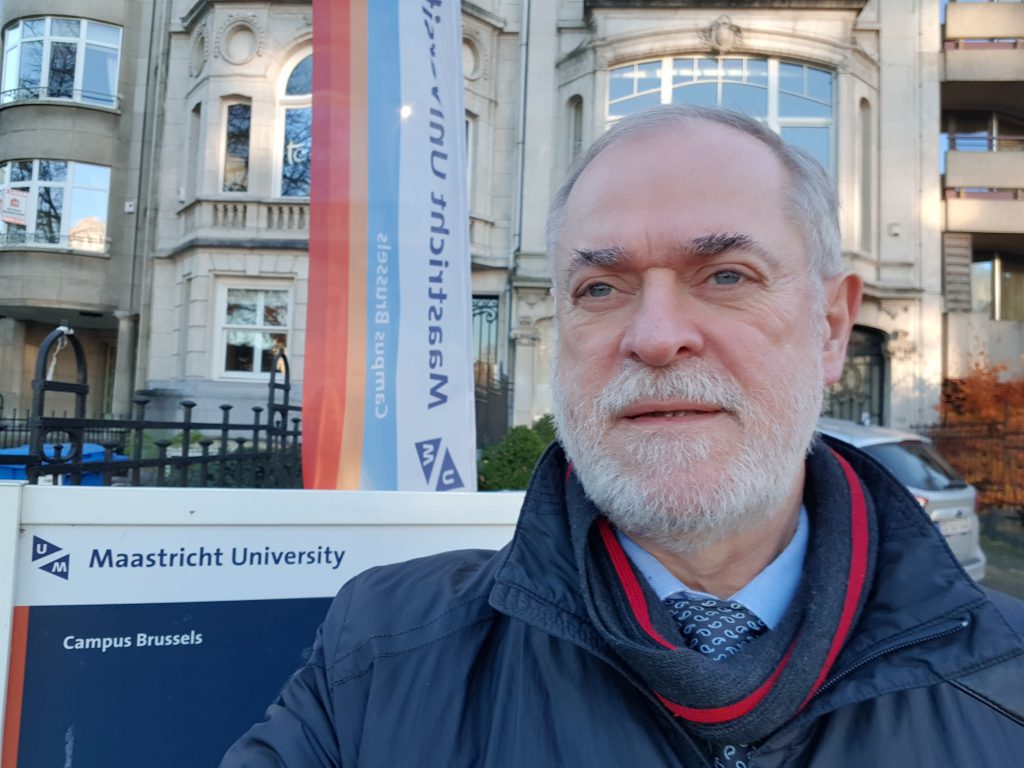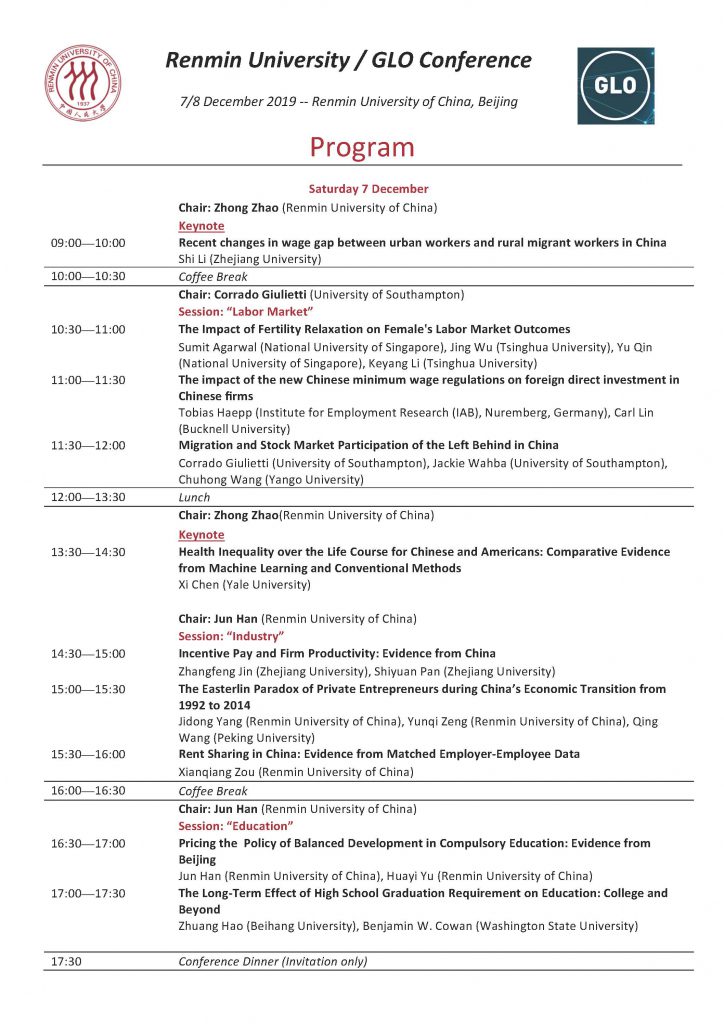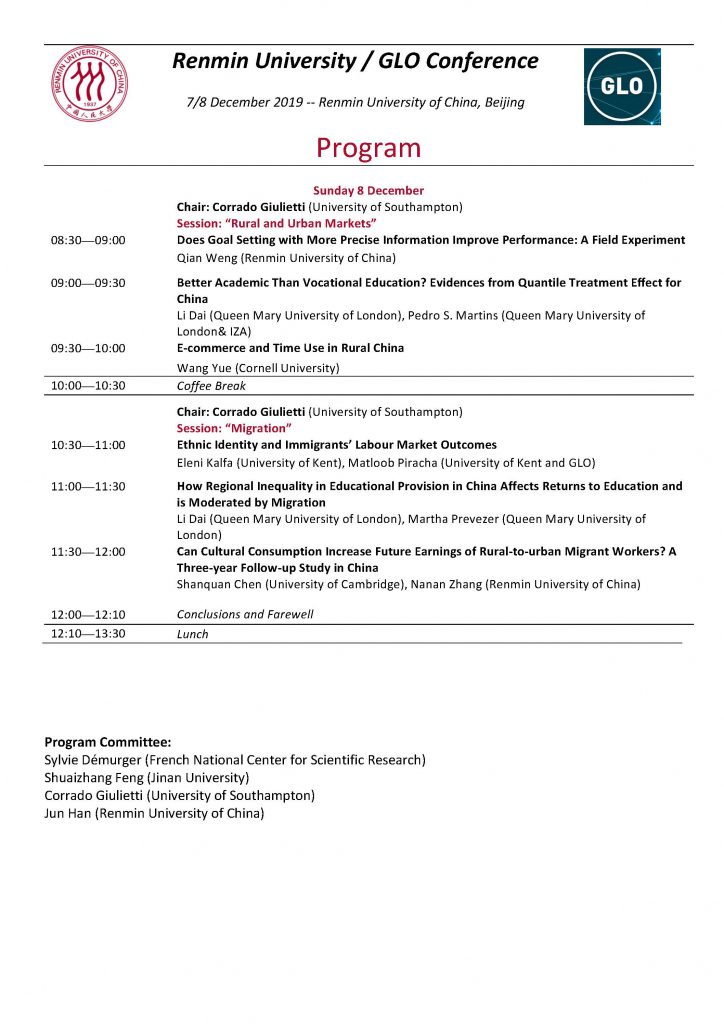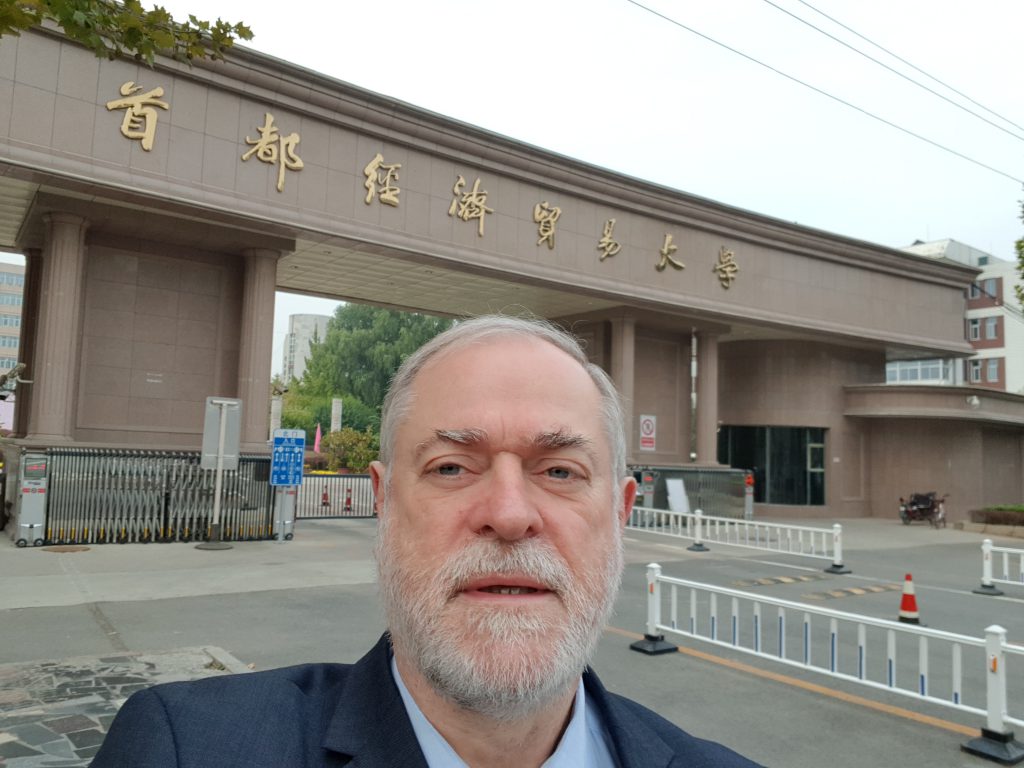2020 Kuznets Prize Awarded to Gautam Hazarika, Chandan Kumar Jha & Sudipta Sarangi
Gautam Hazarika (University of Texas Rio Grande Valley), Chandan Kumar Jha (Le Moyne College, Madden School of Business), and Sudipta Sarangi (Virginia Tech) will receive the 2020 Kuznets Prize for their article (please click title for FREE READ LINK)
“Ancestral ecological endowments and missing women“
which was published in the Journal of Population Economics (2019), 32(4), pp. 1101-1123. The annual prize honors the best article published in the Journal of Population Economics.
The award will be given to the authors during the ASSA 2020 meeting in San Diego, USA, at a reception on Friday, Jan. 3, 2020, 6:00 PM – 8:00 PM, at the Marriott Marquis San Diego, Coronado Room, hosted by the Institute for Economic and Social Research (IESR) of Jinan University.
Biographical Abstracts
Gautam Hazarika is presently Associate Professor of Economics at The University of Texas Rio Grande Valley, the newest branch of the University of Texas system. He completed his undergraduate education at the University of Delhi’s St. Stephen’s College, and his Ph.D. at the University of Rochester. His research has spanned labor and development economics. He is presently conducting research in economic anthropology. Dr. Hazarika’s research has appeared in such journals as American Journal of Agricultural Economics, Review of Income and Wealth, the Journal of Development Studies, and, recently, the Journal of Population Economics.
Chandan Kumar Jha is an Assistant Professor of Finance at the Madden School of Business, Le Moyne College. He holds a Ph.D. and an M.S. from Louisiana State University. His research interests lie in the areas of economic growth and development, political economy, and finance and development. His current research topics include corruption, gender inequality, financial risk, and economic and financial reforms. He has published several research articles in many reputed journals such as the Journal of Economic Behavior & Organization, the Journal of Population Economics, International Review of Finance, and Information Economics and Policy.
Sudipta Sarangi is currently Department Head and Professor of Economics at Virginia Polytechnic Institute and State University. His research interests range from network theory to development economics. He studies how gender differences affect economic activity, as well as the origins of gender inequality. His work on networks focuses on the strategic formation of social and economic networks and how participation in multiple networks affects social outcomes. He is a research associate of DIW Berlin, GATE, University of Lyon-St. Etienne and the Lima School of Economics. He serves on the editorial boards of Journal of Economic Behavior and Organization, Journal of Public Economic Theory and Studies in Microeconomics.

Hazarika 
Jha 
Sarangi
Abstract of the Winning Paper
“This paper examines the relationship between ecological endowments in antiquity and contemporary female to male sex ratios in the population. It is found that there are proportionately more missing women in countries whose ancestral ecological endowments were poorer. This relationship is shown to be strong even after ancestral plough use, the timing of the Neolithic Transition, and many other potentially confounding factors are controlled for. Similar results are also obtained using district-level data from India.”
About the Kuznets Prize
The Journal of Population Economics awards the ‘Kuznets Prize’ for the best paper published in the Journal of Population Economics in the previous year. Starting from 2014 the Prize has been awarded annually. Papers are judged by the Editors of the Journal.
Simon Kuznets, a pioneer in population economics, Professor Emeritus at Harvard University and the 1971 Nobel Prize laureate in economics, died on July 10, 1985. Professor Kuznets was born 1901 in Pinsk, Belarus, and came to the United States in 1922. He earned his Bachelor of Science in 1923, a Master of Arts degree in 1924 and his doctorate in 1926, all from Columbia University. During World War II he was Associate Director of the Bureau of Planning and Statistics on the War Production Board, and he served on the staff of the National Bureau of Economic Research from 1927 to 1960. Mr. Kuznets was a faculty member at the University of Pennsylvania for 24 years and Professor of Political Economy at Johns Hopkins University from 1954 until he joined Harvard University in 1960. He retired in 1971 and was given the title of George F. Baker Professor Emeritus of Economics. He was a former president of the American Economic Association and the American Statistical Association.
Previous Winners
The Kuznets Prize (please click titles for READ LINKS FOR FREE) has previously been awarded to:
2019: Yoo-Mi Chin (Baylor University) and Nicholas Wilson (Reed College) for their article “Disease risk and fertility: evidence from the HIV/AIDS pandemic,” Journal of Population Economics 31(2): pp. 429-451.
2018: Chunbei Wang and Le Wang (University of Oklahoma) for their article “Knot yet: Minimum marriage age law, marriage delay, and earnings,” Journal of Population Economics 30(3): pp. 771-804.
2017: Binnur Balkan (Stockholm School of Economics) and Semih Tumen (Central Bank of the Republic of Turkey) for their article “Immigration and prices: quasi-experimental evidence from Syrian refugees in Turkey,” Journal of Population Economics 29(3): pp. 657-686.
2016: Loren Brandt (University of Toronto), Aloysius Siow (University of Toronto), and Hui Wang (Peking University) for their article “Compensating for unequal parental investments in schooling,” Journal of Population Economics 28: 423-462.
2015: Haoming Liu (National University of Singapore) for his article “The quality–quantity trade-off: evidence from the relaxation of China’s one-child policy”, Journal of Population Economics 27: 565-602.
2014: Paolo Masella (University of Essex) for his article “National Identity and Ethnic Diversity“, Journal of Population Economics 26: 437-454.
Period 2010-2012: Richard W. Evans (Brigham Young University), Yingyao Hu (Johns Hopkins University) and Zhong Zhao (Renmin University) for their article “The fertility effect of catastrophe: US hurricane births“, Journal of Population Economics 23: 1-36.
Period 2007-2009: Makoto Hirazawa (Nagoya University) and Akira Yakita (Nagoya University) for their article “Fertility, child care outside the home, and pay-as-you-go social security“, Journal of Population Economics 22: 565-583.
Period 2004-2006: Jinyoung Kim (Korea University) received the Kuznets Prize for his article “Sex selection and fertility in a dynamic model of conception and abortion,” Journal of Population Economics 18: 041-067.
Period 2001–2003: Olympia Bover (Bank of Spain) and Manuel Arellano (CEMFI), for their article “Learning about migration decisions from the migrants: Using complementary datasets to model intra-regional migrations in Spain”, Journal of Population Economics 15:357–380.
Period 1998–2000: David C. Ribar (The George Washington University), for his article “The socioeconomic consequences of young women’s childbearing: Reconciling disparate evidence”, Journal of Population Economics 12: 547–565.
Period 1995–1997: James R. Walker (University of Wisconsin-Madison), for his article “The effect of public policies on recent Swedish fertility behavior”, Journal of Population Economics, 8: 223–251.
Ends;

